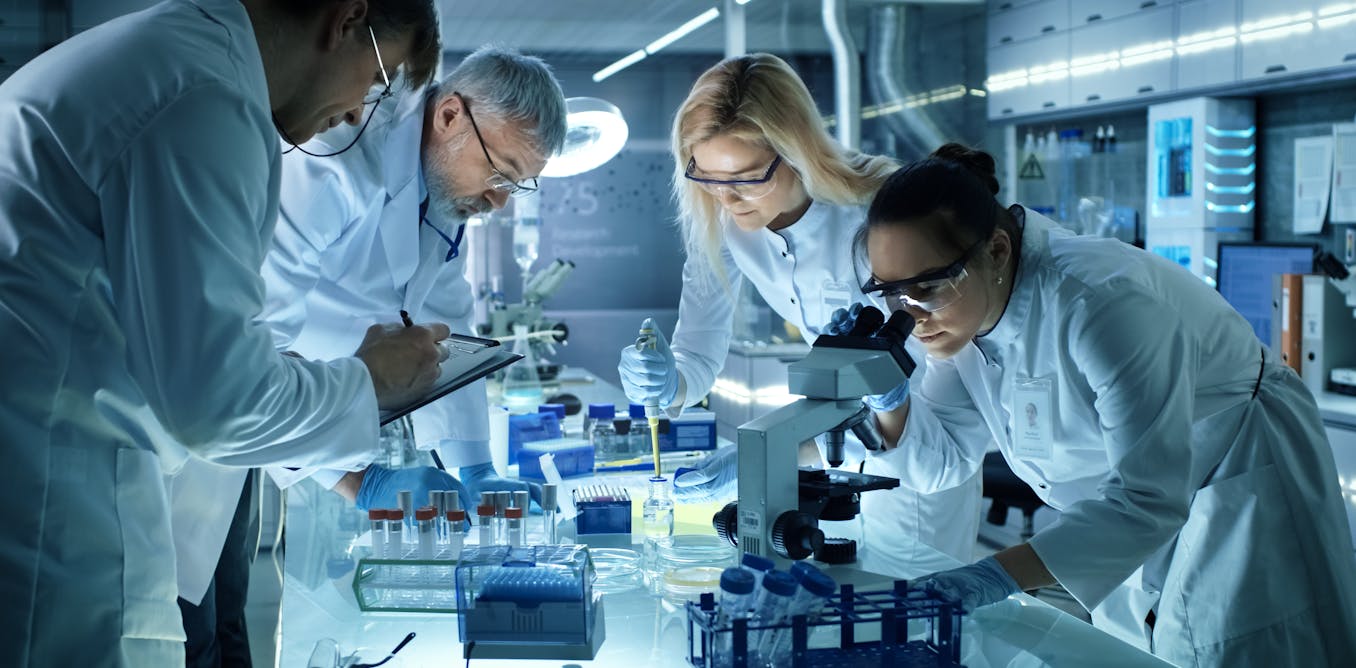Politicized science drove lunar exploration and Stalinist pseudoscience – but polarized scientific views are worse than ever
Politics always influences what questions scientists ask. Their intertwined relationship becomes a problem when politics dictates what answers science is allowed to find.
May 26, 2021 • ~8 min






